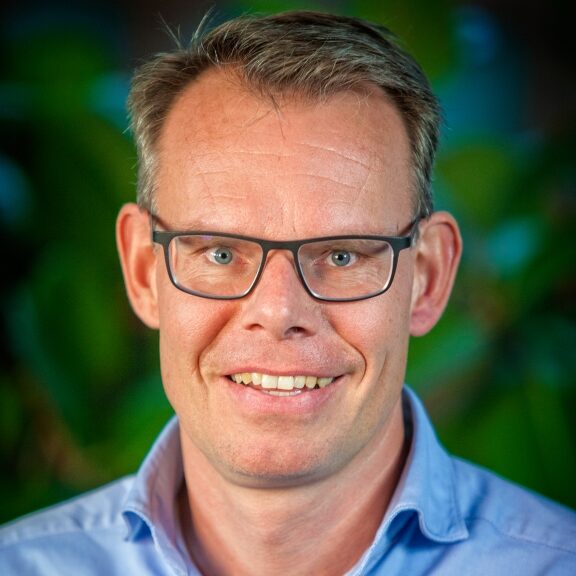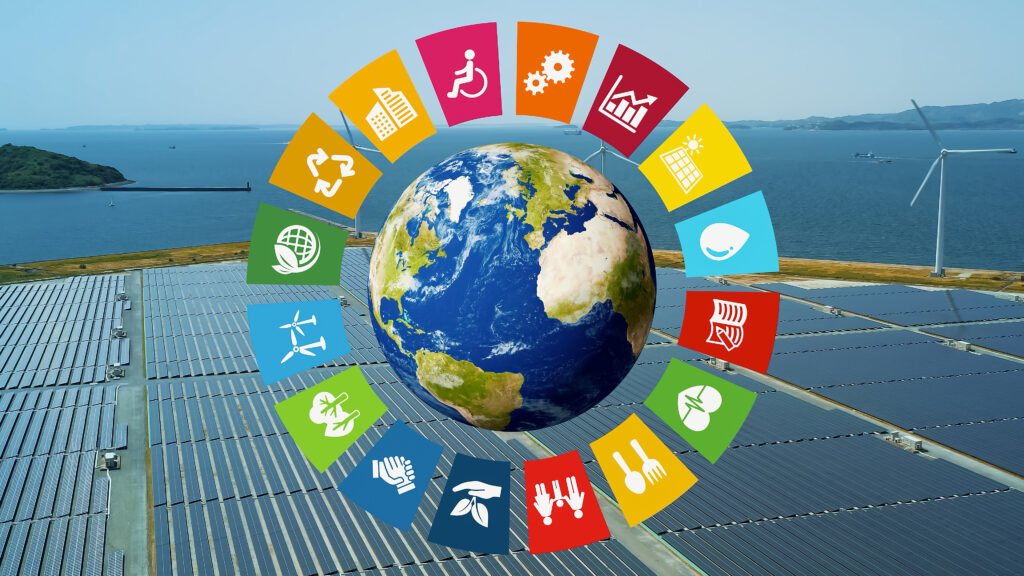FSSC Aldin Hilbrands

More and more companies and organisations are making their processes more sustainable. Not only to comply with regulations, but also to take their social responsibility. The Dutch Accreditation Council (RvA) plays a crucial role in this with independent reviewing of assessments by the TIC industry. But how does this work in practice? Which testing criteria are used? And what challenges does the growing emphasis on sustainability pose?
Board member Joep de Haas and policy advisor Caroline Dorrestijn provide an insight into how the RvA contributes to sustainable progress and tell how they critically view their own role.
Accreditation is much more than simply checking whether companies comply with the standard. Accreditation also helps to provide evidence of sustainable ambitions and achieve actual improvement,’ De Haas explains. ‘We see that sustainability is playing an increasingly important role in certification schemes and standards, but the question is: how do you ensure that this doesn’t only become a reality on paper, but has a tangible impact?’
Dorrestijn adds: ‘Our expertise lies in that demonstrability. That means we look at whether companies are really doing what they say they are doing. European regulations such as the Corporate Sustainability Reporting Directive (CSRD) require transparency, but how do you know if those reports are accurate? That is where accreditation adds its value: through robust assessment systems, we ensure that sustainability doesn’t remain just a marketing pitch, but becomes a measurable reality.’
The RvA works as risk-driven as possible; it focuses on the areas where the greatest impact can be achieved. ‘We accredit certification bodies that assess companies on, for example, CO2 emissions, energy efficiency of wind turbines and sustainability in agriculture,’ explains Dorrestijn. ‘Sustainability is not something that requires extra effort in accreditation processes; it is embedded in the existing standards. At the same time, these standards are becoming ever stricter and societal pressure is increasing. This requires continuous alertness to the new developments, adapted legislation and changing expectations from society.’
One of the new developments is the embedding social sustainability in the assessment of certification bodies. Social sustainability focuses on fair working conditions, human rights and social equality within business processes. In collaboration with partners such as the FSSC Foundation, the RvA is working to better integrate this into accreditation assessments and to ensure that certification bodies structurally include social sustainability in their assessments. De Haas: ‘This requires close cooperation with stakeholders and careful consideration between ethical, economic and legal aspects, because social sustainability has less concrete, measurable criteria than environmental management.’
The RvA also looks critically at its own working method. ‘We want to be more transparent about how we contribute to the demonstrability of sustainability through accreditation,’ says De Haas. ‘It doesn’t stop at assessing organisations that test, inspect and certify. We also work with standards institutes such as NEN and encourage our clients to focus on the actual demonstrability of sustainability. In addition, we analyse our own processes: how can we make accreditation more efficient and less burdensome without sacrificing reliability?’
Dorrestijn emphasises that the RvA is also examining its own sustainability performance. ‘We are looking at our own environmental impact and calculating our own footprint. And we primarily focus on how we can promote the conversation about sustainability within our network and encourage certification bodies to take sustainability seriously. By doing so, we try lead by example.’
The United Nations’ Sustainable Development Goals (SDGs) form an important framework for the RvA. ‘Almost every SDG has a link with accreditation,’ says De Haas. ‘Whether it’s healthcare, the environment, energy or working conditions, we work with certification bodies that apply standards and schemes in all these areas. One example is the monitoring of water quality: this directly touches on the sustainable development goal for clean water and sanitation. Other topics where accreditation contributes to sustainability are the energy efficiency of wind turbines and the reliability of air measurements.’
The role of the RvA is not limited to national issues. Dorrestijn: ‘Sustainability doesn’t stop at the border. We collaborate internationally on guidelines and exchange knowledge to ensure that accreditation contributes to the SDGs around the world. An important theme here is how we can make accreditation accessible to companies in developing countries, so that they too can participate in sustainable supply chains in a fair way.’
The growing demand for sustainable certification will only increase in the coming years. ‘Sustainability is not hype, but a fundamental shift in how we do business,’ says De Haas. ‘Accreditation plays a crucial role in this, because it ensures that sustainable claims are substantiated with facts rather than empty promises.’
Dorrestijn concludes: ‘It is our responsibility to continuously develop accreditation so that it is in line with the complex sustainability issues of today and tomorrow. By working with TIC companies, standards and scheme developers and policy makers, we can use accreditation as a powerful tool to accelerate sustainable change.’
In addition to our sustainability policy, on our website we show how accreditation contributes to the SDGs. We provide a description for each SDG.
